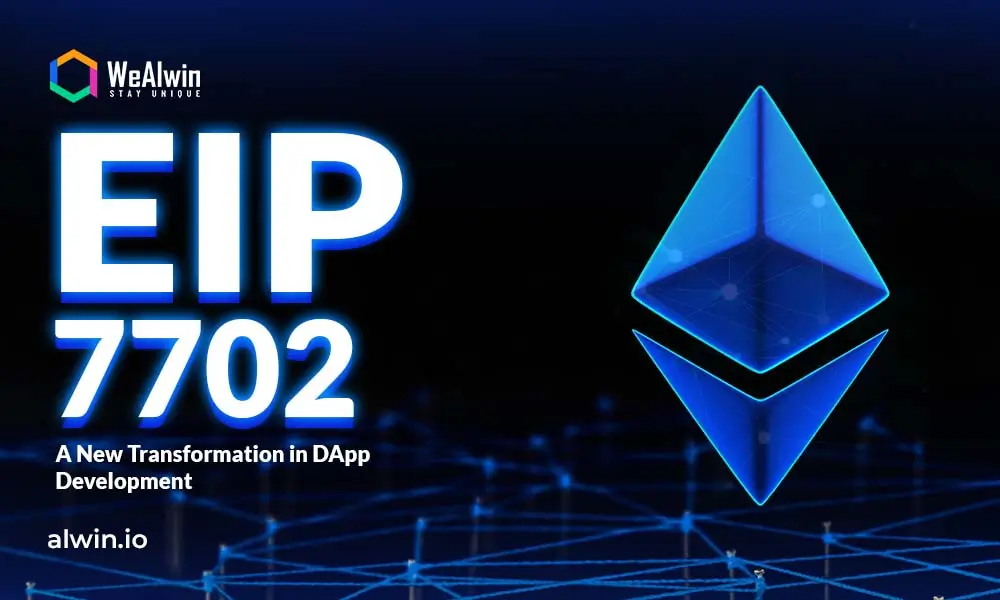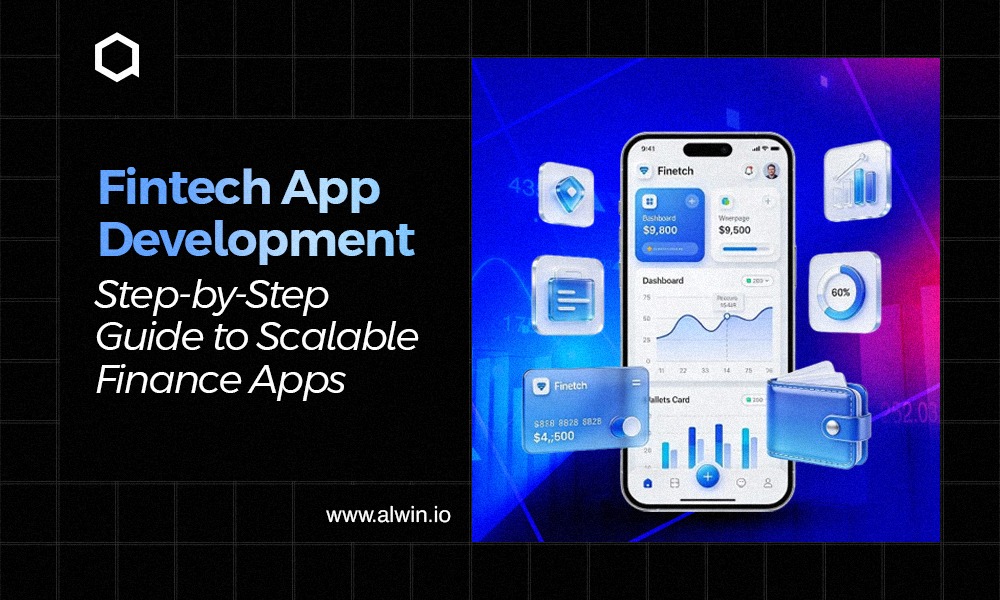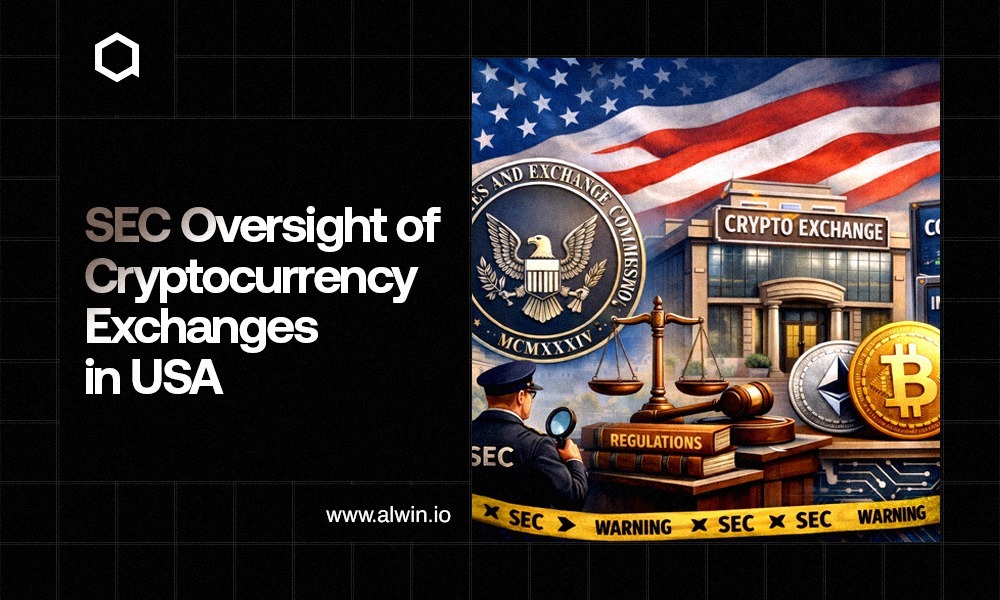Blockchain technology is constantly evolving, and with it comes innovative proposals like EIP-7702 (Ethereum Improvement Proposal 7702). Like many other Ethereum updates, it was born out of the need to enhance blockchain capabilities, particularly around making the network more adaptable and efficient for a variety of use cases. The growing demand for scalable and decentralized applications led to this proposal, which aims to address some of the core challenges that Ethereum faces today.
Over the years, Ethereum Improvement Proposals (EIPs) have played a critical role in transforming the Ethereum network. These proposals are part of the community-driven ethos of Ethereum, from changes in consensus mechanisms to upgrades that enhance scalability. EIP-7702 is no exception, as it is a collective effort to improve performance while maintaining the decentralization that Ethereum is known for.
Over 1.3 million daily transactions are recorded on Ethereum, which is the foundation for thousands of distributed applications. The millions of users relying on Ethereum-based solutions are dependent on innovations like EIP-7702 to ensure its sustainability and performance.
What is EIP-7702?
EIP-7702 is an update to the Ethereum blockchain that aims to improve efficiency and adaptability. A wide range of decentralized applications and smart contracts are powered by the Ethereum network, which occasionally encounters obstacles like network congestion, high transaction costs, and scalability issues. EIP-7702 seeks to address these issues by introducing new features or optimizations to help the network run smoother and handle a higher number of users and transactions without compromising security or decentralization.
The 'EIP' in EIP-7702 stands for the Ethereum Improvement Proposal. Developers, researchers, and community members propose changes to improve the network through this formal process. Key areas like scalability and performance are critical as the Ethereum network grows larger and more widely adopted, and EIP-7702 is one of many such proposals.
EIP-7702 may result in quicker transactions, lower charges, and a better user experience, making Ethereum more accessible and useful for its numerous users and creators.
The Prime Purpose of EIP-7702
The purpose of EIP-7702 is to improve the efficiency, scalability, and overall performance of the Ethereum blockchain. This proposal specifically aims to address issues such as:
Scalability
The network experiences congestion as it grows in users and decentralized applications, leading to slower transactions and higher fees. EIP-7702 aims to improve scalability, allowing the network to handle more transactions without becoming too expensive to use or slowing down.
Cost Reduction
Gas fees are reduced by optimizing how transactions are processed and managed. This makes the network more accessible to users and developers, particularly for smaller transactions or applications that require a lot of interactions.
Adaptability for New Use Cases
New technologies like DeFi, NFTs, and Layer 2 solutions are growing in popularity in the ecosystem. EIP-7702 aims to create a more adaptable environment for these innovations, ensuring that the network can support future demands.
The goal of EIP-7702 is to keep Ethereum resilient by enhancing its foundational infrastructure to better serve the demands of a rapidly expanding user base.
Exclusive Features of EIP-7702
EIP-7702 introduces several exclusive functions to the Ethereum network, to enhance extensibility, effectiveness, and user encounter. The highlights are listed below,
Enhanced Adaptability
Mechanisms that help the Ethereum network process a larger number of transactions per second are introduced. Ethereum can handle more users and decentralized applications without slowing down with this feature.
Reduced Transaction Costs
Reducing gas charges (the price users pay to execute transactions) is one of the primary objectives of EIP-7702. EIP aims to make Ethereum more accessible, especially for smaller transactions and applications that rely on frequent interactions with the network.
Optimized Data Storage
Changes to how information is stored and accessed on the blockchain are included. Introducing more effective methods for storing data, EIP-7702 reduces the space needed to store transactions, smart contracts, and other blockchain information, enhancing overall efficiency.
Improved Security Framework
EIP-7702 reinforces the security of Ethereum by introducing stronger validation mechanisms. The network remains secure and resistant to attacks even as it grows and evolves with new technologies.
Better Interoperability
Ethereum's compatibility with other Layer 2 scaling solutions and blockchain platforms is enhanced by EIP-7702. This feature supports Ethereum's ability to work alongside other technologies, which fosters the growth of interconnected blockchain ecosystems.
Streamlined Consensus Mechanisms
The proposal also aims to enhance Ethereum's consensus algorithms, resulting in quicker and more effective confirmation of transactions. This accelerates the entire procedure, making the network more responsive.
Support for Future Use Cases
EIP-7702 is built with the future in mind. As decentralized finance (DeFi), NFTs, and other applications evolve, this proposal ensures that Ethereum can adapt to emerging trends and continue to be a leading platform for innovative blockchain solutions.
EIP-7702 is a crucial update that boosts the overall effectiveness and usability of the Ethereum network, preserving its position as a pioneer in the distributed network.
How Does EIP-7702 Improve dApps?
Several key enhancements significantly improve the performance and functionality of decentralized applications on the Ethereum blockchain. Addressing the critical limitations faced by DApps, this proposal enhances their effectiveness, usability, and extensibility. How apps benefit from EIP-7702:
- One of the most notable advantages of EIP-7702 is the reduction of gas fees, which are often a barrier to DApp usage. Users can interact with DApps more frequently without worrying about excessive fees with lower transaction costs. This is especially beneficial for micro-transactions in decentralized finance (DeFi) and gaming applications, where cost efficiency is crucial.
- DApps can process a greater number of transactions per second, which increases the network's scalability. A smoother user experience with minimal delays or congestion is achieved for DApps that rely on real-time updates, such as decentralized exchanges and gaming platforms.
- EIP-7702 improves how data is stored and accessed on the blockchain, which helps DApps operate more efficiently. Users can engage with applications that require frequent interaction, such as NFT marketplaces or social platforms, because of faster load times and more responsive interfaces.
- The proposal enhances the security of transactions on DApps. Users are reassured that their funds and data are protected by this improvement, which is especially important for DApps handling sensitive financial information.
- Layer 2 scaling solutions and other platforms are compatible with EIP-7702. DApps can operate in different blockchain ecosystems, enabling more diverse applications and encouraging creativity. This opens up new possibilities for creating cross-chain apps that can reach a broader audience.
- EIP-7702 introduces optimizations that allow for the creation of more complex and feature-rich smart contracts. The DeFi space has a lot of sophisticated financial instruments that require advanced contract functionality for DApps. Developers now can build DApps with more complex logic without sacrificing performance.
- As the blockchain ecosystem continues to evolve, so do the requirements of DApps. EIP-7702 ensures that Ethereum will continue to support cutting-edge innovations like Web3, distributed computing, and more. Future-proofing helps developers build apps that remain relevant and functional as new trends emerge.
EIP-7702 enhances the core functionality of DApps, improving user experience, scalability, and security while reducing costs. It improves user experience, scalability, and security. The continuous growth and acceptance of decentralized applications on Ethereum hinges on these enhancements, positioning the platform for future advancements.
Summing Up
The EIP-7702 represents a significant transformation in how decentralized applications function on the network. This proposal pushes the boundaries of what's possible in the world of decentralization by addressing scalability, cost efficiency, and security concerns. The new chapter of enhanced functionality, interoperability, and user experience for DApps is exciting for developers, users, and businesses.
Future updates to EIP-7702 could bring even more innovations and gain new features and improvements. The future of Ethereum, driven by EIP-7702 and other proposals, looks incredibly promising, whether it's making DApps more accessible or introducing enhanced layers of security. We're witnessing the dawn of a fresh era for distributed tech, and there's plenty more to come. As the Ethereum ecosystem continues to transform and adapt, stay tuned for the next wave of updates.



